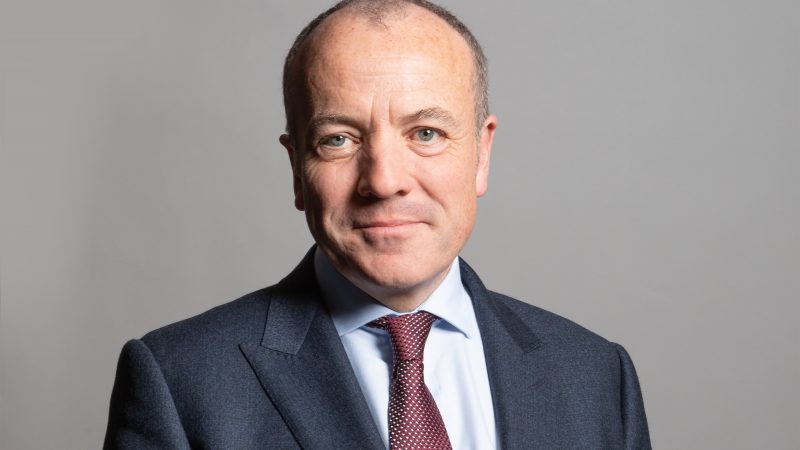
Cervical cancer is one of the most preventable forms of the disease, with the human papillomavirus (HPV) vaccination and regular screening the most effective ways of saving lives. And yet, just as with almost every other aspect of our NHS, the pandemic has had a significant impact on the cervical cancer screening programme.
Government statistics show that in 2020-21 in England, there was a two percentage-point decrease on the number of eligible individuals screened as part of the programme, a 1% decrease in the number of people invited for screening, and a 5.3% decrease in the number of people who were tested for cervical cancer. These are more than statistics, they represent real people, and missed opportunities to spot potential cancers that could lead to lives being lost.
January’s Cervical Cancer Prevention Week provides an opportunity to continue to drive the message that if you are invited to a screening appointment for cervical cancer, make sure that you attend. While Trafford clinical commissioning group, in which my constituency sits, has 75% coverage for cervical cancer screening in the period up until March 2021 (a figure above the English average), this coverage is still below the 80% national target.
That is why I am pleased to support an online campaign being launched by Hologic, a medical technology company based in my constituency of Wythenshawe and Sale East, to address the fear and the knowledge gaps that are causing some young women to opt out of screening. The reasons for women not attending screening are varied. Often women living in areas with higher levels of deprivation, such as parts of Wythenshawe and Sale East, are less likely to attend screening appointments. Fear of the procedure and embarrassment can be overwhelming for some, while some conversations about cervical cancer screening online can leave those who have never been screened feeling confused and anxious.
Hologic’s campaign aims to dispel the myths and preconceptions around cervical screening by sharing the experiences of others just like them who once had the same fears and trepidations, using imagery and quotes from real women. You can read more about the campaign here. This sort of public education and awareness is crucial, but so is ensuring that when women do attend appointments, they benefit from the latest and most effective screening techniques.
One such technique is using HPV mRNA testing for primary cervical screening. These tests provide significantly higher specificity than their traditional DNA counterparts, and would safely reduce the number of women who would require a colposcopy – thereby reducing unnecessary fear and anxiety. It would also reduce pressure upon an already overburdened system and would save the NHS an estimated £15m a year and prevent 30,000 unnecessary colposcopy procedures.
Currently, just 54% of all samples in England are processed using this form of testing. This means 1.5 million women in England do not currently have access to this technology. We must move towards a system in which mRNA HPV primary screening is the gold standard and is used by all labs.
The widespread adoption of digital cytology would be another important step. This advanced imaging technology, used to identify lesions and pre-cancerous cells, and which stores cervical images using cloud-based technology, would help maximise screening capacity by enabling any cytologist with capacity in the network to access a particular image. This would provide much more flexible deployment of the workforce, speeding up time from result to treatment if necessary.
Making wider use of these technologies would not only save money and time but would reduce the need for unnecessary gynaecological procedures, thus helping to encourage women to attend appointments in the first place. These two factors combined are essential to ensuring that we tackle this most preventable of cancers.
There is an obligation on all of us to encourage our loved ones to attend a screening appointment when invited, but there is also an obligation on the government and health officials to ensure that screening is as effective, efficient and reassuring as possible. If both of these things happen, I hope that by next Cervical Cancer Prevention Week, not only can we welcome improved screening statistics, but also improved screening technology.




More from LabourList
‘Labour council candidates – it’s tough, but all is not lost’
‘Labour won’t stop the far right by changing leaders — only by proving what the left can deliver’
‘Cutting Welsh university funding would be economic vandalism, not reform’